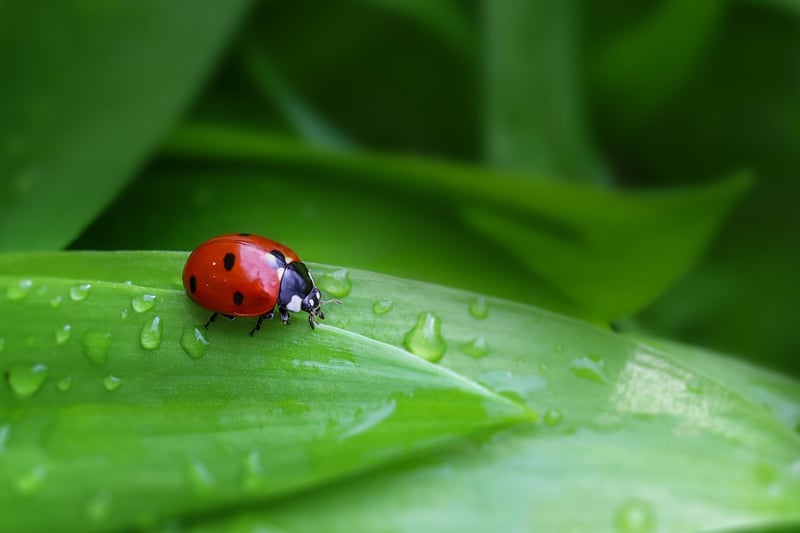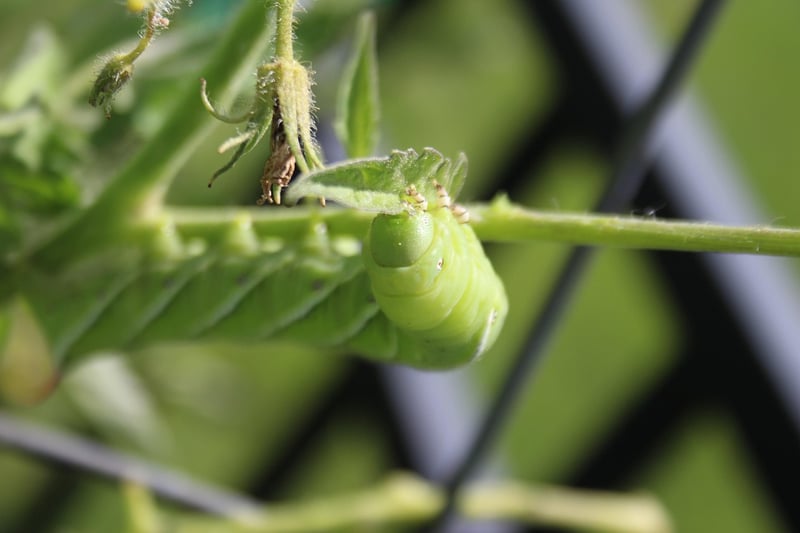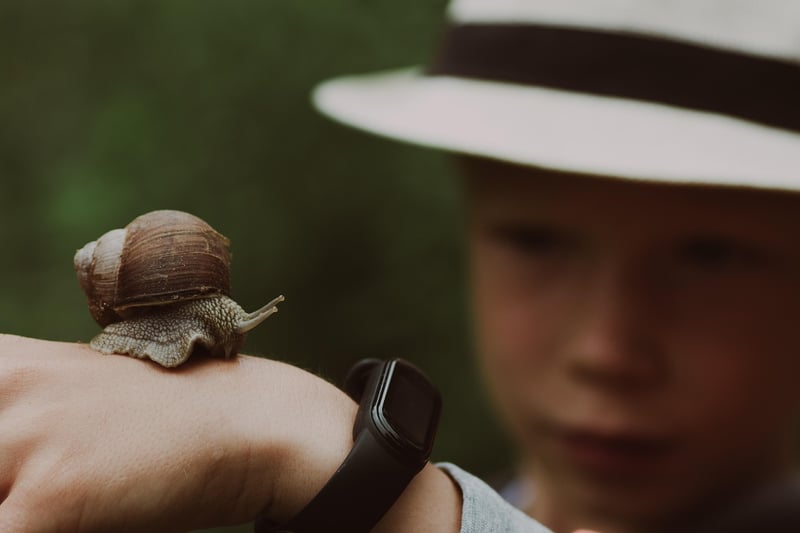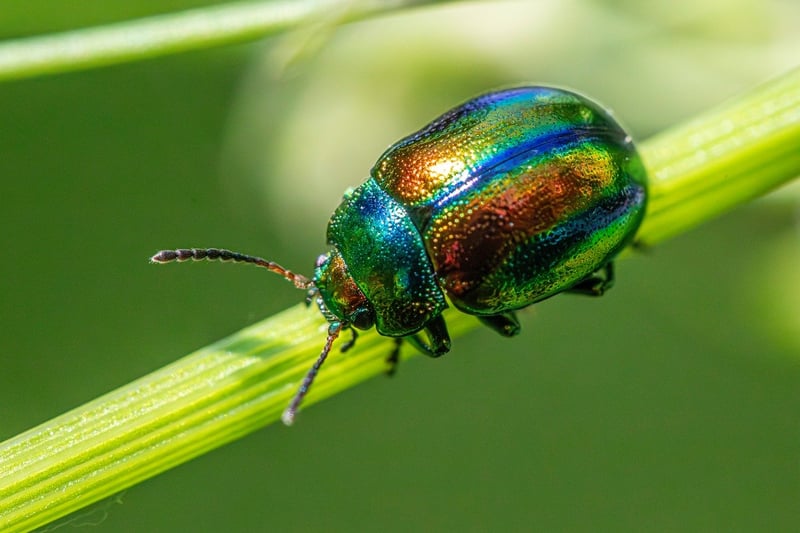Pest Management
Keep Your Garden Thriving: Pest Management Tips
Welcome to our guide on maintaining a healthy and thriving garden through effective pest management. Dealing with pests can be a common challenge for gardeners, but with the right strategies in place, you can protect your plants and ensure a bountiful harvest. Let's explore some tips and techniques to keep your garden flourishing.
1. Identify the Pests
The first step in pest management is to identify the pests that are causing damage to your plants. Different pests require different control methods, so it's essential to know what you're dealing with. Keep an eye out for common garden pests like aphids, caterpillars, snails, and slugs.
2. Natural Predators
Encourage natural predators in your garden to help control pest populations. Ladybugs, lacewings, and birds are excellent allies in keeping pest numbers in check. Planting flowers like marigolds can attract beneficial insects that feed on pests.
3. Neem Oil and Insecticidal Soap
For small infestations, consider using neem oil or insecticidal soap as organic pest control methods. These products are effective against a wide range of pests and are safe to use around children and pets.
4. Crop Rotation
Rotate your crops each season to prevent the buildup of pests in the soil. Different plants attract different pests, so rotating your crops can help disrupt the pest's life cycle and reduce infestations.
5. Mulch and Cleanliness
Keep your garden clean and free of debris to eliminate hiding spots for pests. Mulching can help retain moisture and suppress weed growth while also creating a barrier that makes it difficult for pests to reach your plants.
6. Companion Planting
Planting certain herbs and flowers alongside your vegetables can help repel pests. For example, planting basil near tomatoes can deter tomato hornworms, while marigolds can help protect a variety of plants from nematodes.
7. Regular Inspections
Make it a habit to inspect your plants regularly for signs of pest damage. Early detection can help you address pest problems before they escalate and cause significant harm to your garden.
8. DIY Traps
Create homemade traps using materials like beer traps for slugs, sticky traps for flying insects, or barriers like copper tape to deter snails. These DIY solutions can be effective in reducing pest populations.
By implementing these pest management tips and techniques, you can protect your garden from common pests and promote a thriving environment for your plants to grow. Remember that a healthy garden starts with proactive pest control measures and regular monitoring to ensure your plants stay strong and productive.
Happy gardening!



